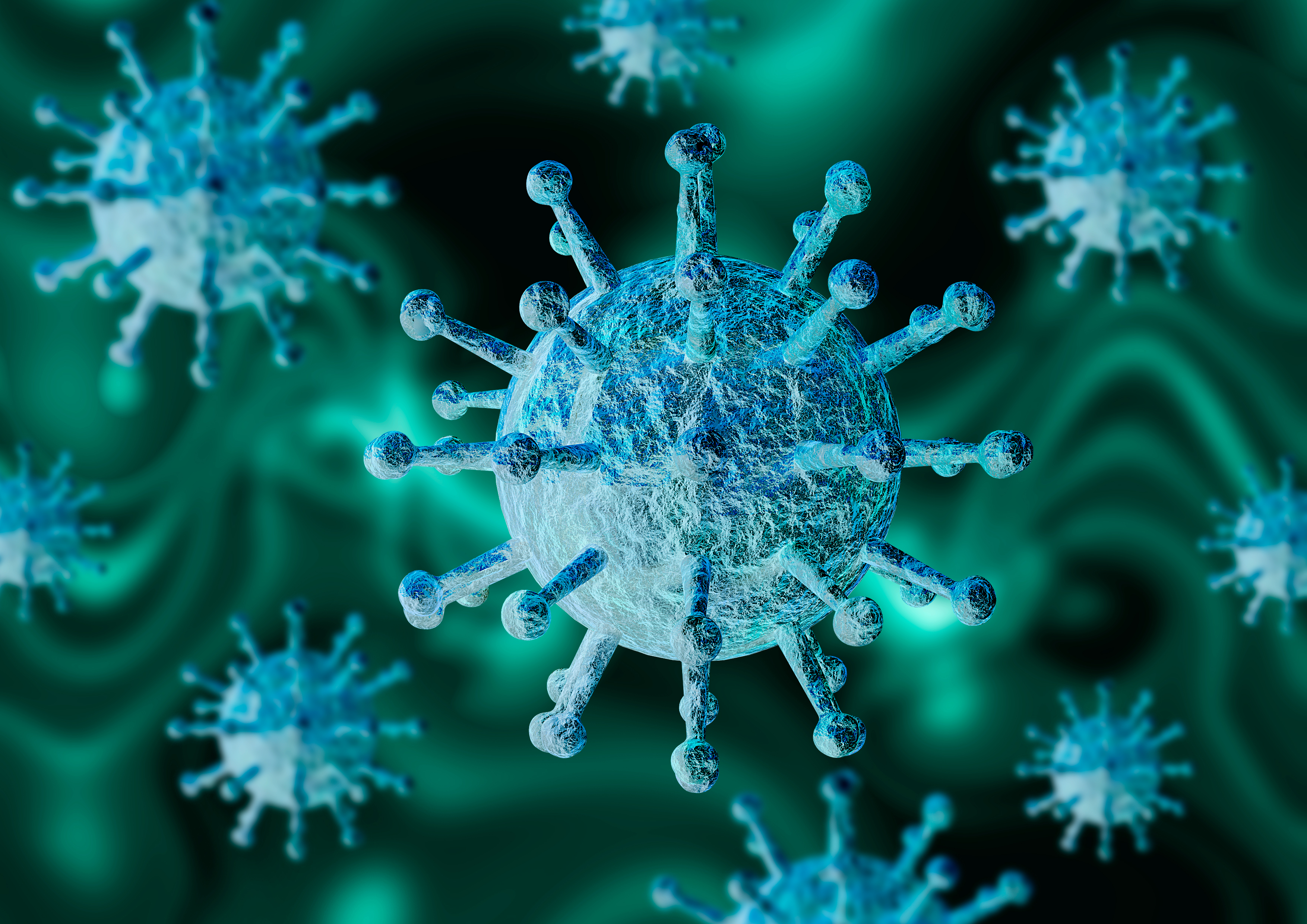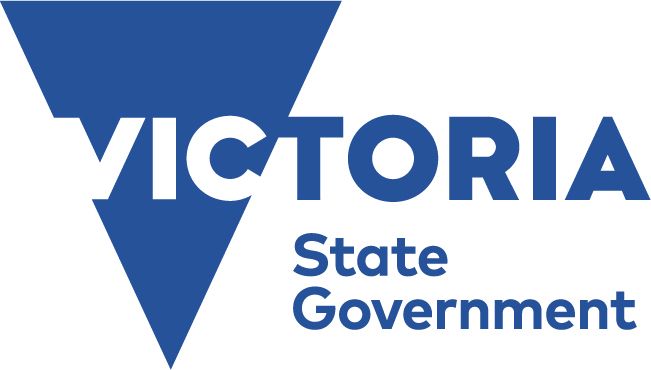
- This event has passed.
BioBreakfast: How to make a vaccine – why is Victoria so important?
March 19, 2020 @ 7:30 am - 9:00 am AEDT
Event Navigation

Change of Format – Live Streaming Only
Considering developments in the COVID-19 situation in Melbourne and beyond, we have had to make the decision, in discussion with our stakeholders, to run this event with closed doors. All registered attendees & those wishing to still register with a ‘virtual ticket’, will have access to a live-stream link for the presentation and panel discussion, and the ability to ask questions via interactive presentation software (Menti). The live-stream link will be sent via email the evening prior to the event.
Less than two months after initial reports of a new “coronavirus” in China, COVID-19 is now a global health emergency. To date, the virus (officially named SARS-CoV-2) has infected over 110,000 worldwide and has claimed near 4000 lives.
Victoria has been essential in early work profiling the SARS-CoV-2 (the virus responsible for COVID-19), with the virus grown and studied at the Peter Doherty Institute in Parkville. Further work to profile the virus and develop models to test potential vaccines is currently underway at CSIRO’s high containment facility in Geelong. While over at CSIRO’s state-of-the-art biologics production facility in Melbourne, scientists have begun small-scale testing of a vaccine candidate designed at the University of Queensland.
However, unlike other continents, Australia does not have a formal centre for disease control. This means responses to health emergencies require input from Government, health authorities, hospitals, research institutes, universities and the greater biomedical sector. Is this response enough? What support should these sectors be looking for from the Federal and State Governments? How should Australia be responding to this biological threat?
Join us on Thursday 19th March 2020 to hear from our expert speaker and panel in discussing not only how Victoria is critical in progress towards a vaccine for COVID-19, but also where the biomedical sector sits in response to public health emergencies.
If you have already registered for the BioBreakfast, we ask you to follow Victorian Government health advice and to please not attend if you are unwell.
This event is sponsored by
BioMelbourne Network are hosting a series of quarterly events in 2020, sponsored by the Victorian State Government (DJPR)
Event Details:
Date: Thursday 19th March
Time: 7:20am – Registration, 7:30am – Networking Breakfast, 8:00am to 9:00am – Presentation and Panel Discussion
Venue: The Supper Room, Melbourne Town Hall, 90-130 Swanston Street, Melbourne VIC 3000
Cancellation Policy: A full refund is given up to 7 days prior to the event. Within 7 days of the event, no refunds will be issued.
Speaker:
Dr Rob Grenfell, Director of CSIRO’s Health and Biosecurity Business Unit
Panelists:
Dr Andrea Douglas, Senior Vice President, Organisation Transformation, CSL Limited
Dr Felicia Pradera, Medical Countermeasures – Program Leader, DMTC
Professor Damian Purcell, Group Leader, Department of Microbiology and Immunology, The Peter Doherty Institute for Infection and Immunity
Dr Rob Grenfell, Director of CSIRO’s Health and Biosecurity Business Unit
Facilitator:
Dr Andrew Walby, Director of Emergency Medicine, St Vincent’s Hospital (Melb) Ltd
Speaker Bios:
Dr Rob Grenfell, Director of CSIRO’s Health and Biosecurity Business Unit
Rob has broad ranging public health experience including;
National Medical Director at BUPA Australia New Zealand
National Director Cardiovascular Health at the Heart Foundation
Strategic Health Advisor to Parks Victoria
Senior Medical Advisor at the Department of Health Victoria
Physician in charge of travel health BHP
General Practice
He was a member of the Safety and Quality Outcomes Committee of the Hospital Innovation Reform Council, a member of the Victorian Quality Council, Chair of General Practice Victoria, and Member of the Health Advisory Committee of the National Health and Medical Research Council.
Dr Felicia Pradera, Medical Countermeasures - Program Leader, DMTC
In 2012 and 2017, Felicia co-authored the delivery of the MCM National Capability Audits to evaluate Australia’s sovereign capabilities and infrastructure to develop MCMs. Felicia also aided in the brokering of investment for and supporting the preclinical studies that allowed Australia to achieve its first NATA accredited OECD GLP facility. This critical piece of infrastructure will allow further vaccine and therapeutic development to be conducted in Australia rather than overseas.Felicia holds a PhD in Biotechnology from the Technical University of Berlin and a Masters in Intellectual Property Law from Australia’s Monash University.
Dr Andrea Douglas, Senior Vice President, Organisation Transformation and External Affairs, CSL Limited
Andrea has held various roles at CSL since 2005, including Vice President, R&D Strategy and External Affairs where she led the global R&D strategy, product portfolio, R&D investment and prioritisation processes. She was also Vice President, Licensing, Head of Global R&D Project Management and Program Director, Influenza.
Before joining CSL Andrea was the CEO of the Gene CRC. She also held a senior research role at WEHI where she studied the molecular genetics of breast cancer.
Andrea has a PhD degree in Forensic Medicine from Monash University. She also holds a Masters degree in Health Administration and is a Graduate of the Australian Institute of Company Directors. She is a Director of the Baker Heart and Diabetes Institute and BioCurate and was a Director of AusBiotech from 2013-2019.
Professor Damian Purcell, Group Leader, Department of Microbiology and Immunology, The Peter Doherty Institute for Infection and Immunity
Dr Andrew Walby, Director of Emergency Medicine, St Vincent’s Hospital Melbourne
After initially pursuing a career in Surgery, chose to switch to Emergency Medicine under the tutelage of Associate Professor Joe Epstein.
Completed his Emergency Medicine training in 2000 and worked as an Emergency Physician at Western Health 2001-2011.
Appointed as Director of Emergency Medicine at St Vincent’s Hospital Melbourne in February 2012.
Experienced in Emergency Medicine in the private sector
John Fawkner Hospital 1996-1997
Epworth Hospital 1999-current
Involved in Victoria’s Health Disaster arrangements as a Field Emergency Medical Officer (FEMO) since December 2006.
Medical interests include
Disaster Medicine
Patient safety in the Emergency Department
Wellbeing of Healthcare Professionals
Medical documentation




